Adobe Patches Flash Zero-Day Exploited by North Korean Hackers
Adobe updated Flash Player on Tuesday to address a zero-day vulnerability exploited by what experts believe to be a North Korean hacker group in attacks aimed at individuals in South Korea.
The existence of the vulnerability, tracked as CVE-2018-4878, came to light on January 31 when South Korea’s Internet & Security Agency (KISA) issued an alert. Cybersecurity experts based in the country said the flaw had been used by North Korean threat actors against South Koreans who focus on North Korea research.
Adobe has promised to release a patch sometime this week and it has kept its promise. Flash Player version 28.0.0.161 should fix the vulnerability, which the company has described as a use-after-free bug that allows remote code execution.
The security hole, which affects Flash Player 28.0.0.137 and earlier, was brought to the company’s attention by South Korea’s KrCERT/CC.
The latest Flash release also patches CVE-2018-4877, which is also a use-after-free vulnerability that allows remote code execution. The flaw was reported to Adobe by bo13oy of Qihoo 360 Vulcan Team via Trend Micro’s Zero Day Initiative (ZDI). Adobe does not appear to be aware of any attacks exploiting CVE-2018-4877.
FireEye has analyzed the attacks involving CVE-2018-4878 and believes the zero-day has been used by a group it tracks as TEMP.Reaper. The security firm determined that these hackers are likely based in North Korea based on IP addresses used to access command and control (C&C) servers.
“The majority of their targeting has been South Korea focused, targeting the government, military, and defense industrial base as well as other industry,” FireEye said. “They have also taken an interest in predictable North Korean interests such as unification efforts and defectors.”
The attacks observed by FireEye involved malicious Office documents and spreadsheets designed to exploit the Flash Player zero-day in an effort to deliver a piece of malware tracked by the company as DOGCALL.
Cisco Talos has also analyzed the campaign and attributed it to an actor it tracks as Group 123. While Cisco has not explicitly blamed North Korea for attacks launched by Group 123, the company has detailed several campaigns aimed at South Korea that often use North Korea-related topics as a lure when delivering malware.
Researchers pointed out that the addition of a zero-day exploit to its arsenal shows that the group has become highly motivated and sophisticated.
